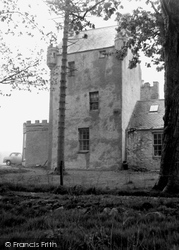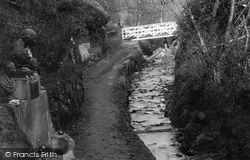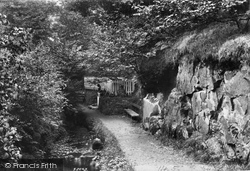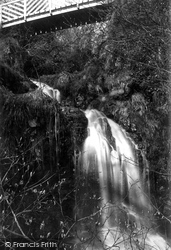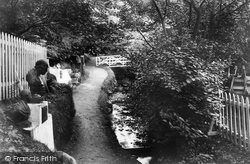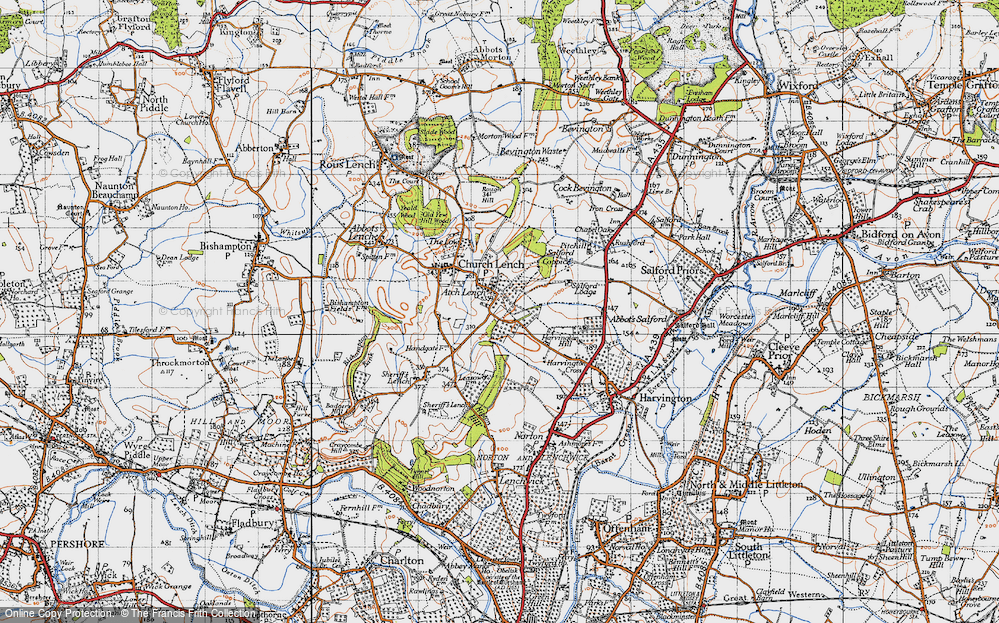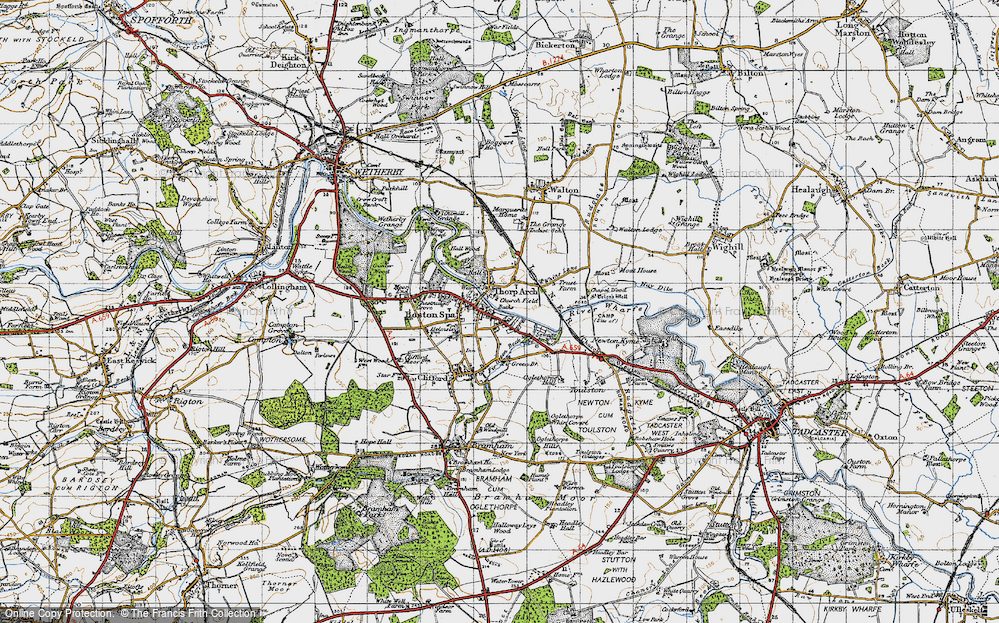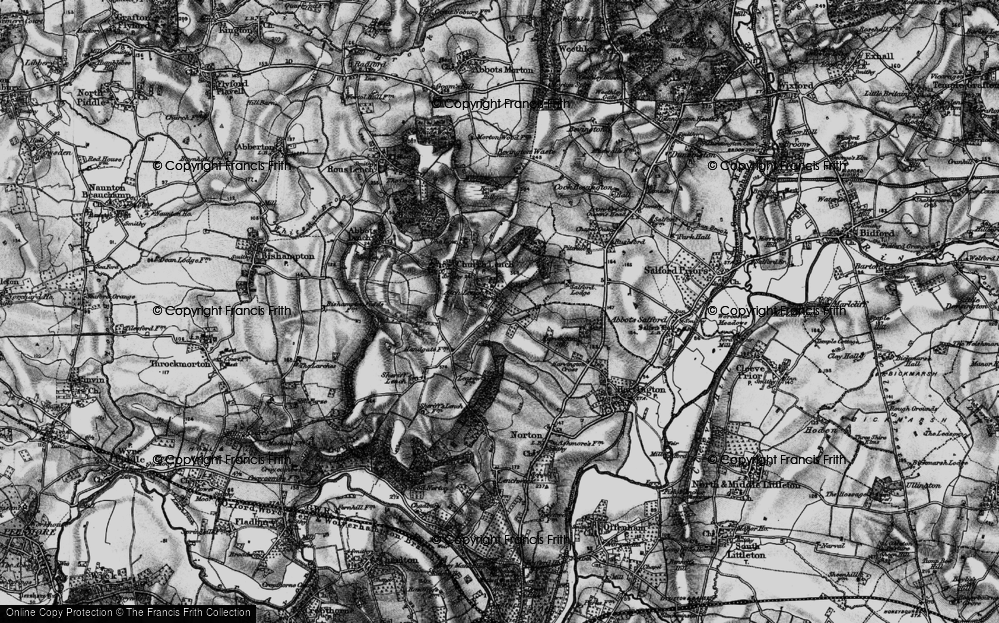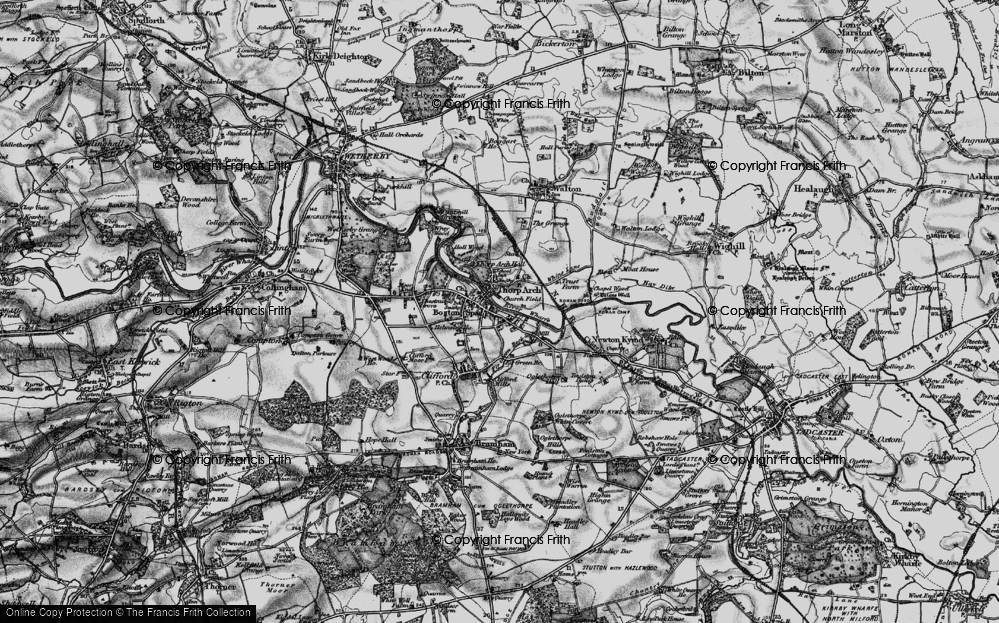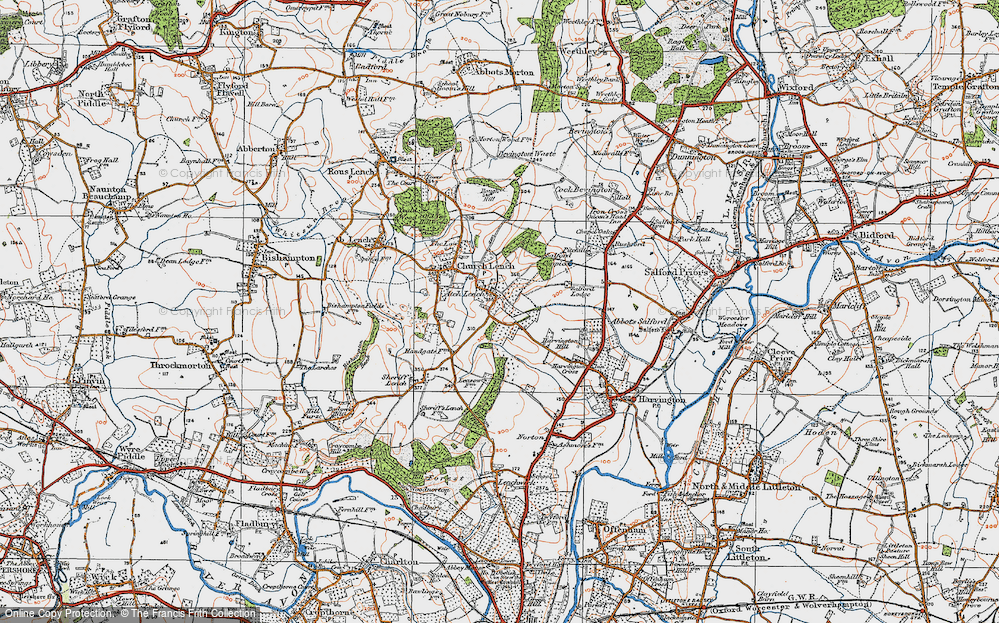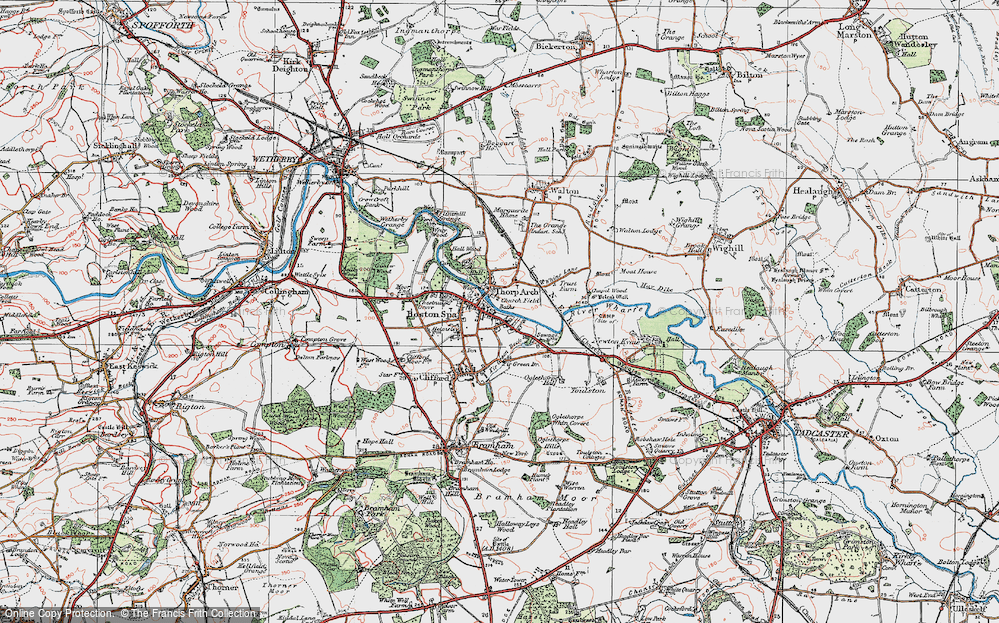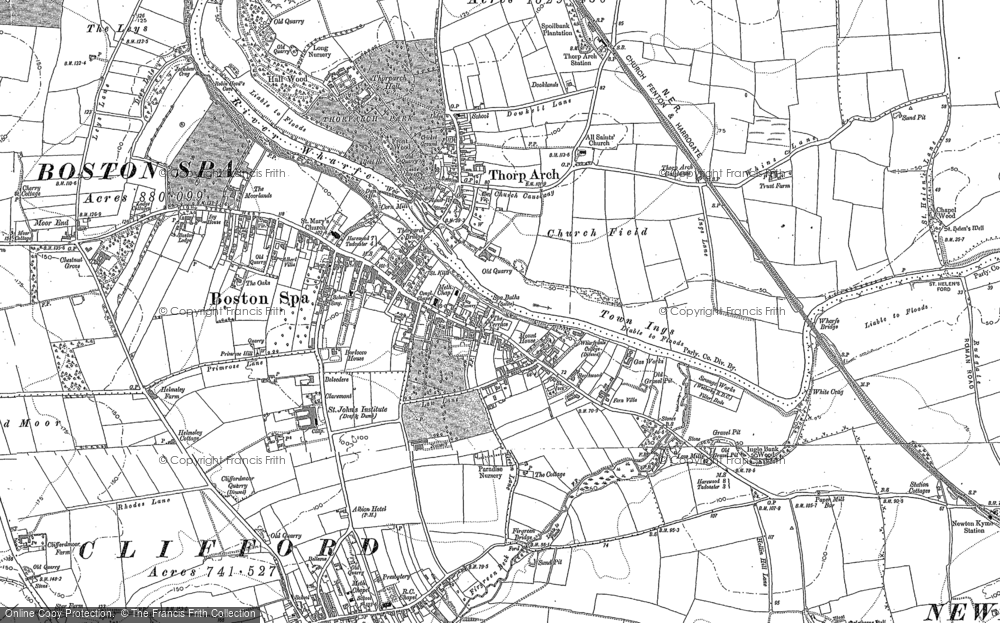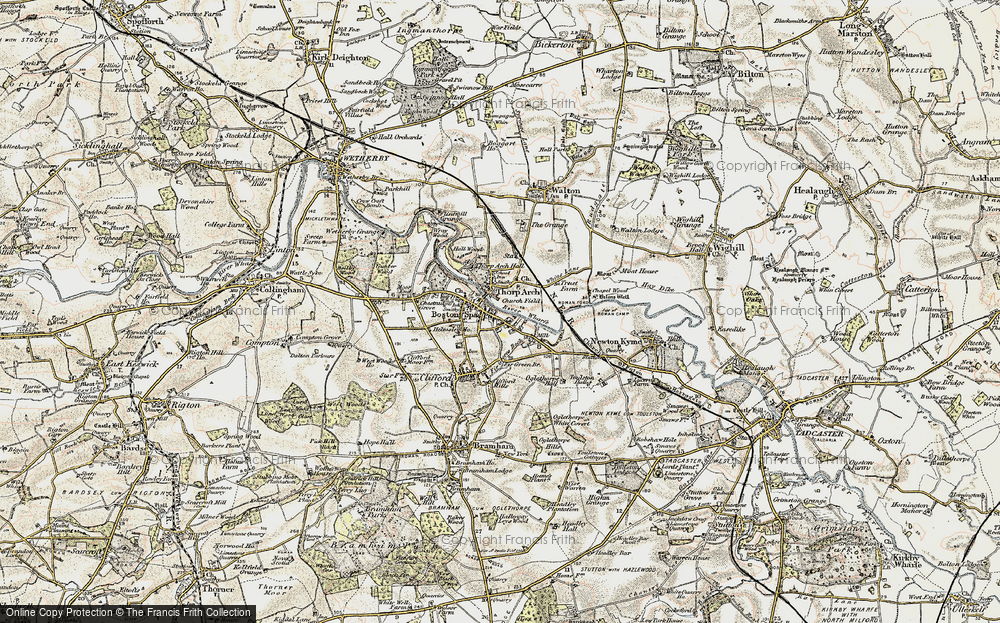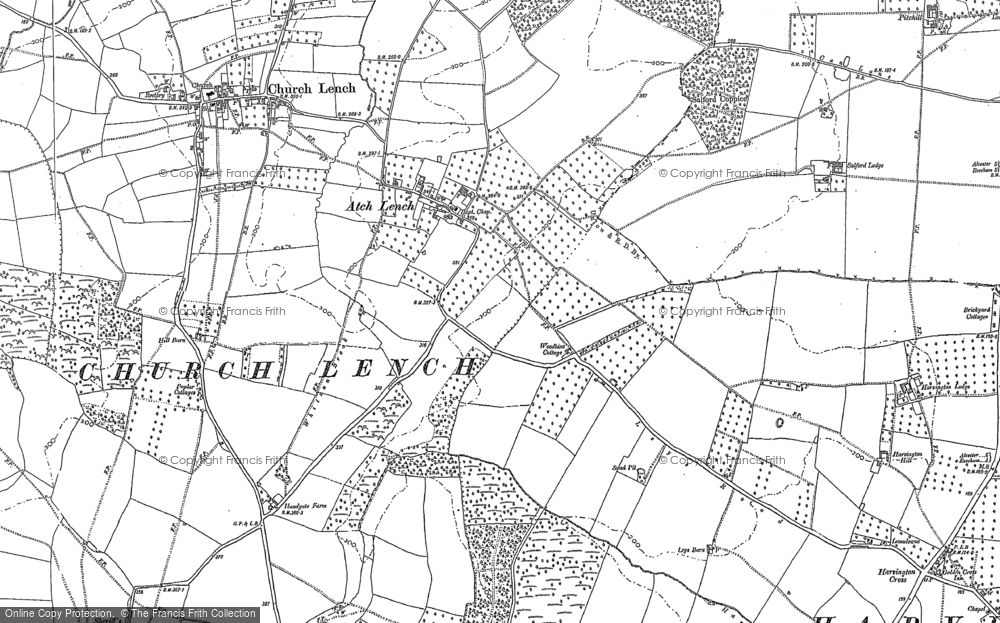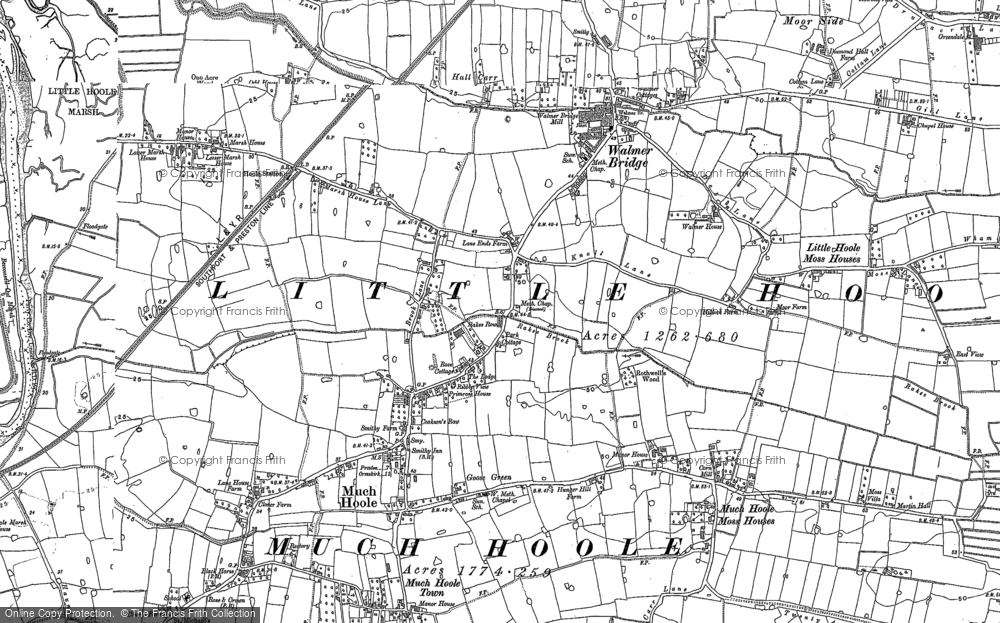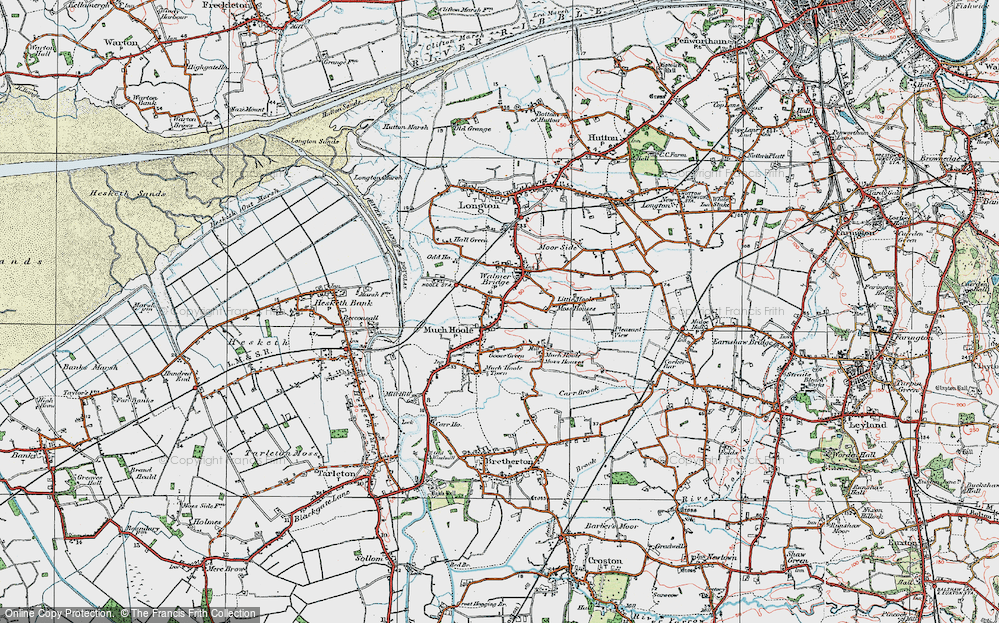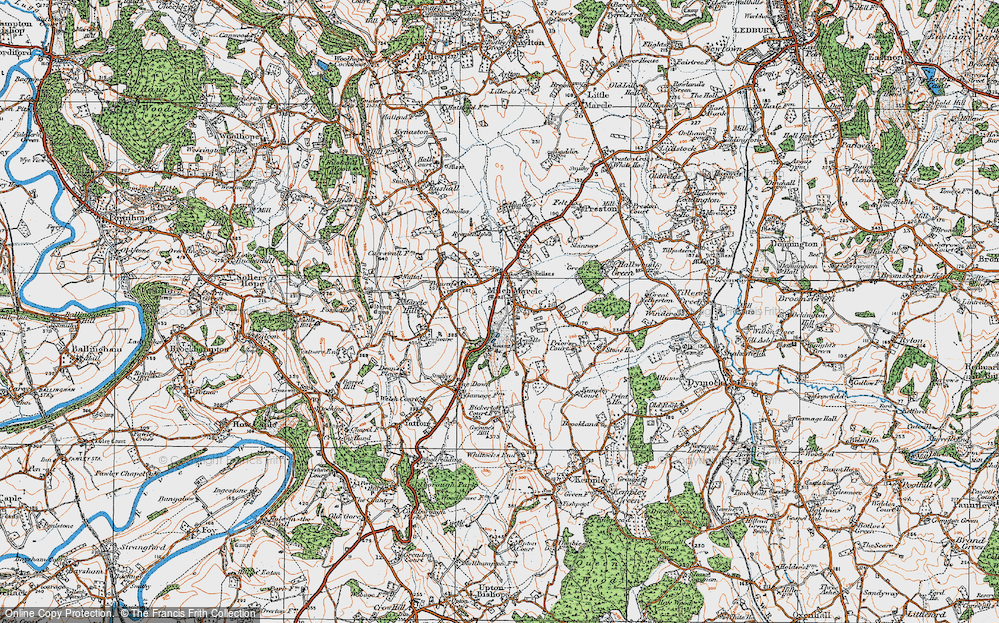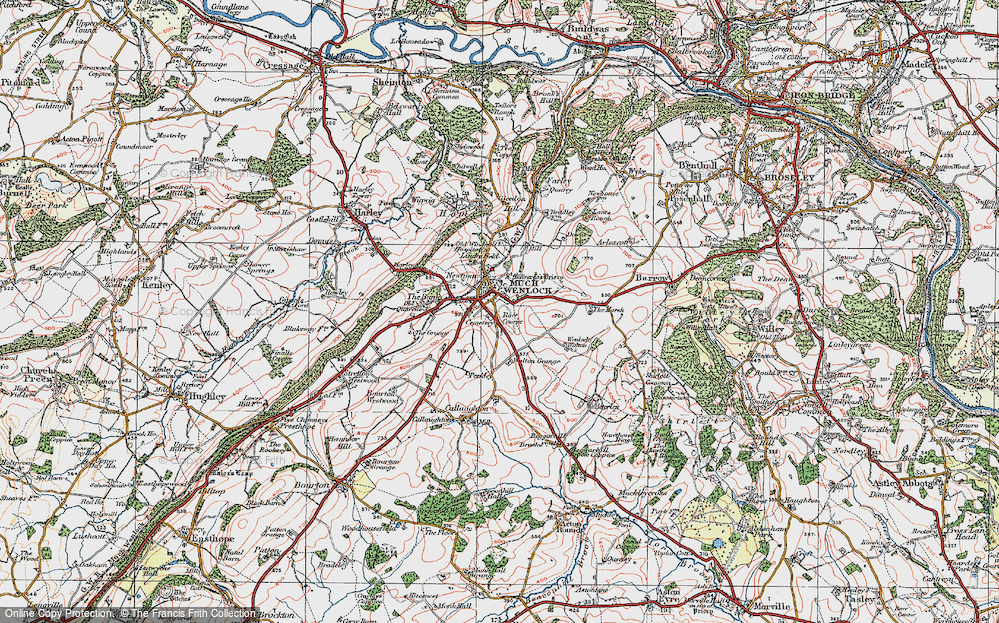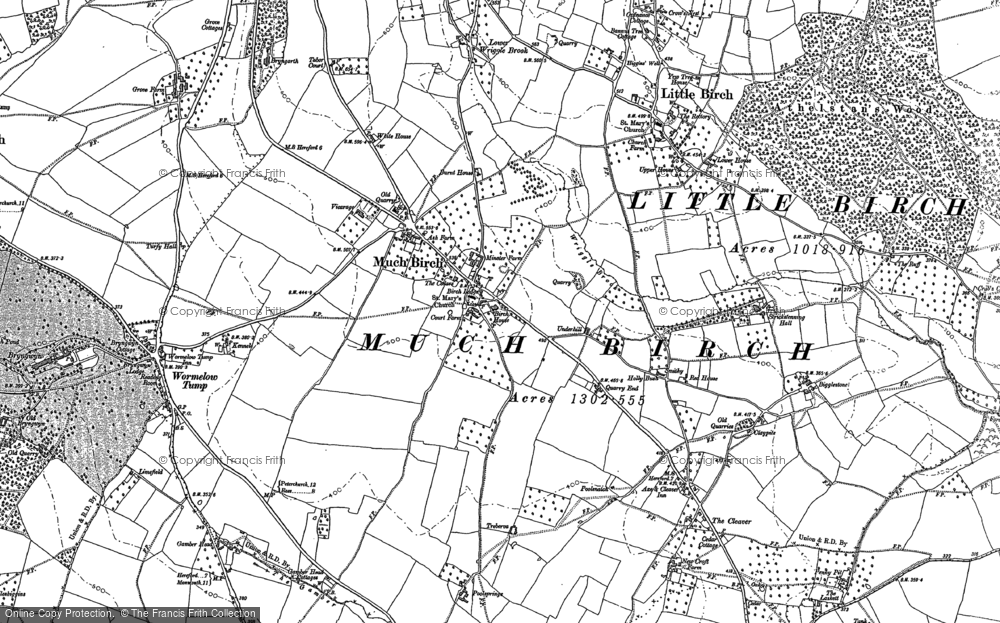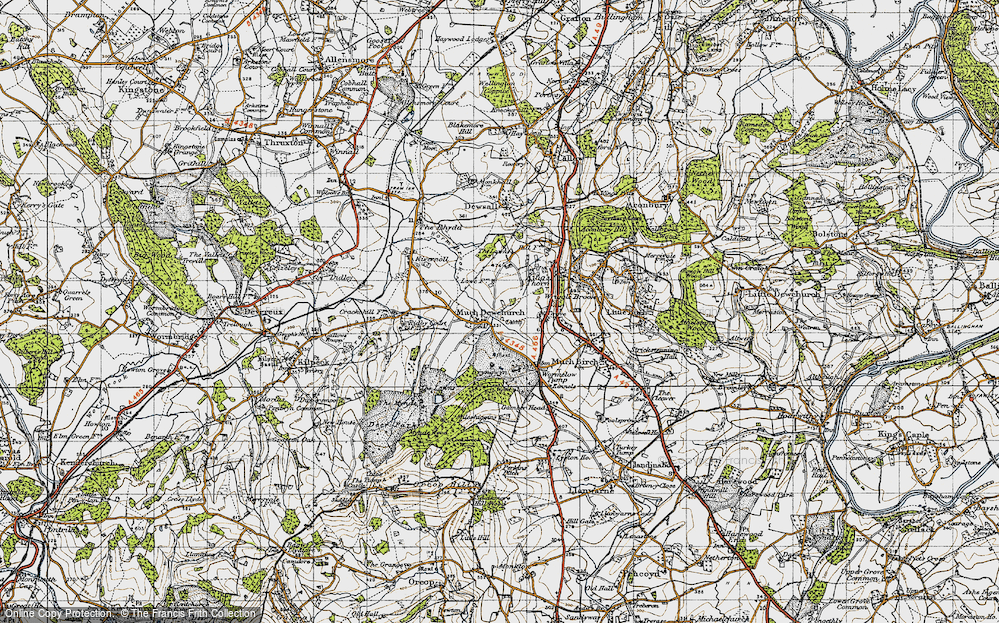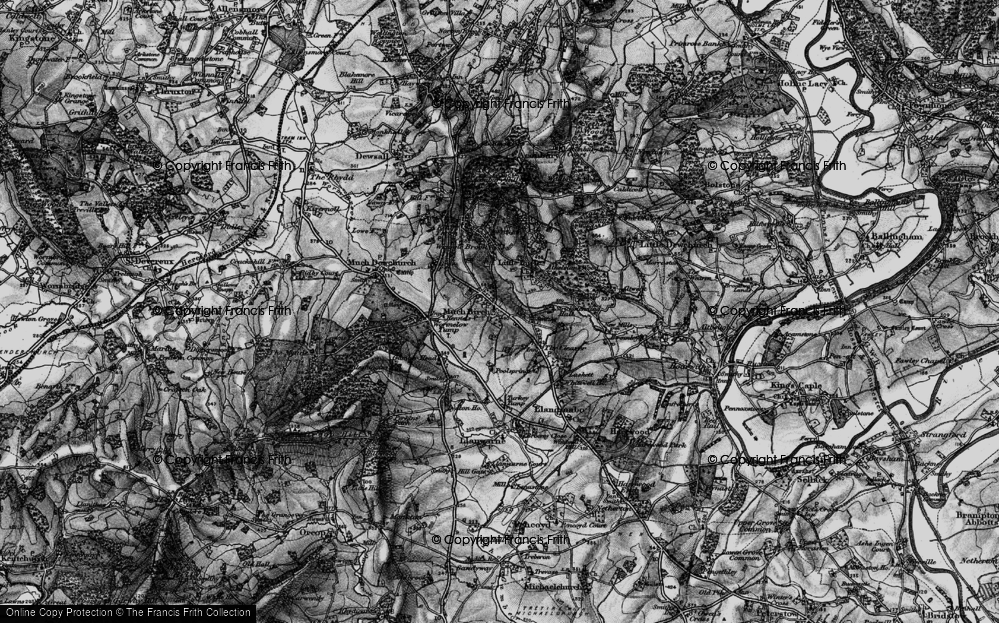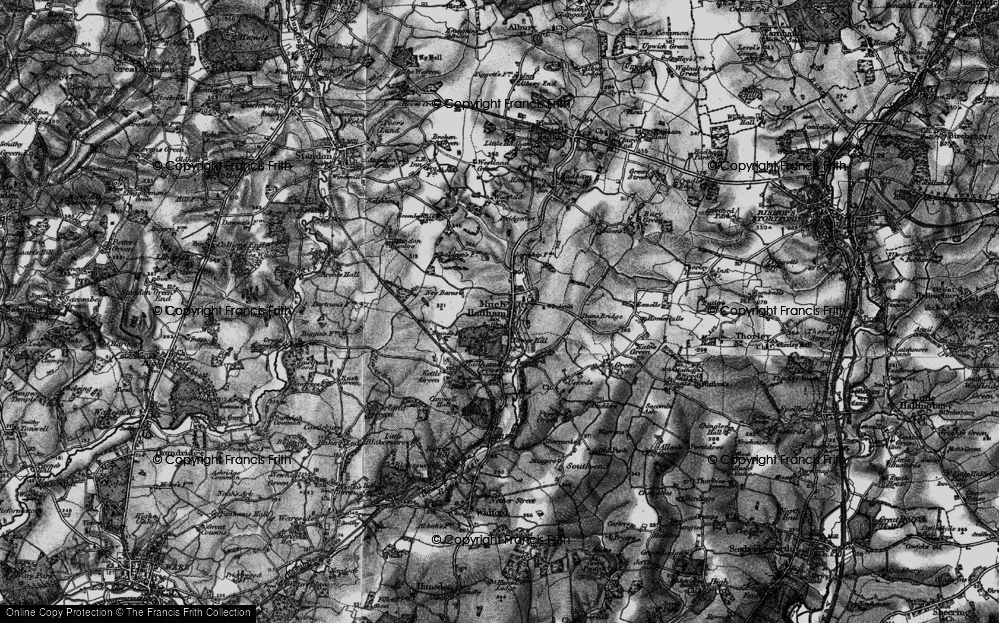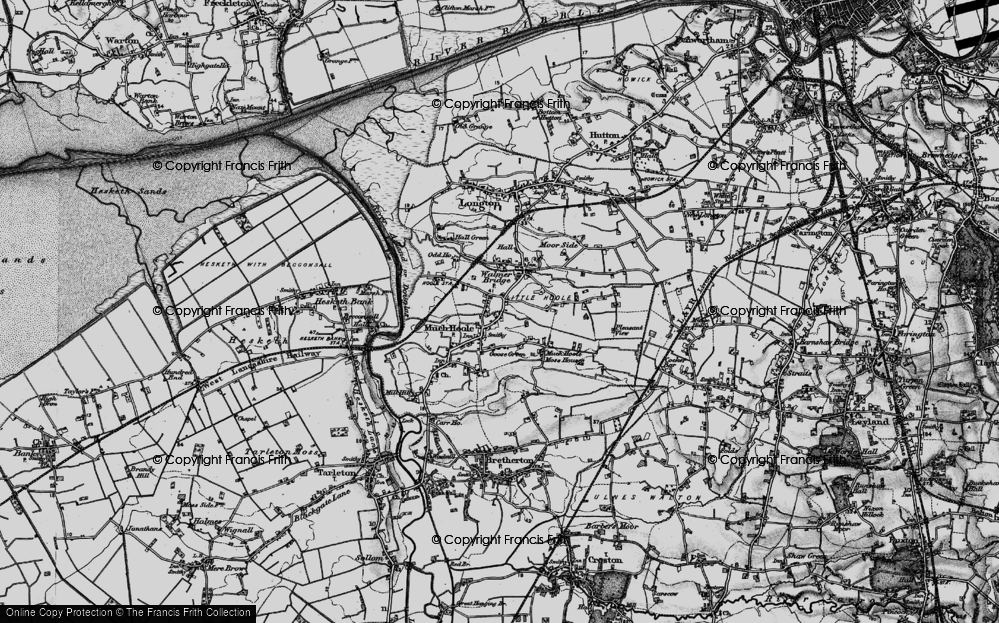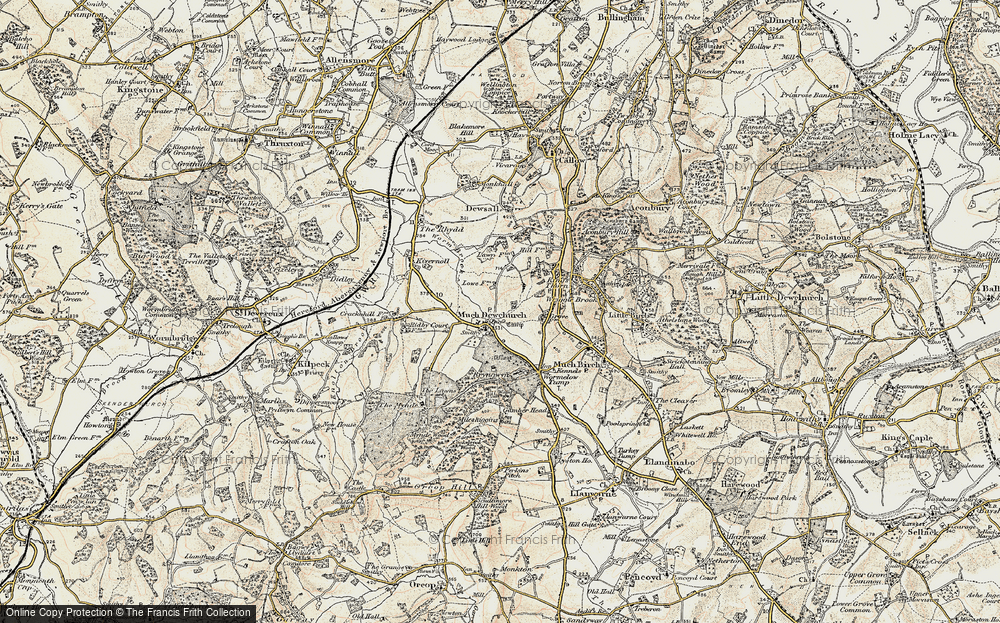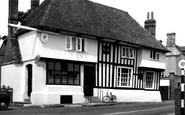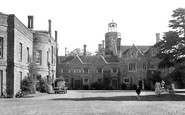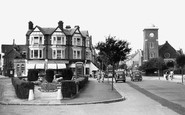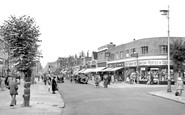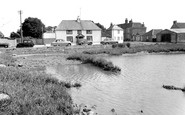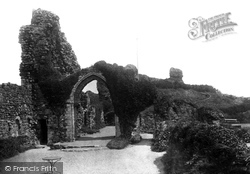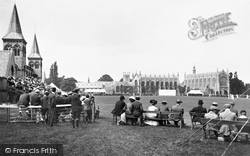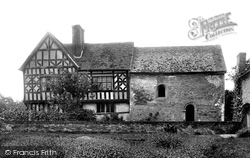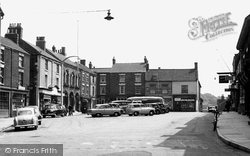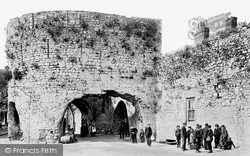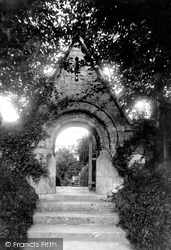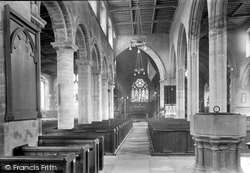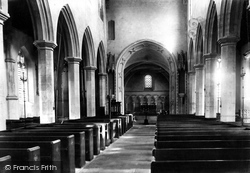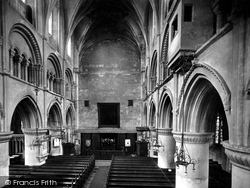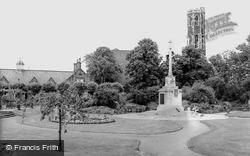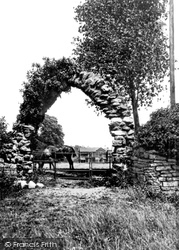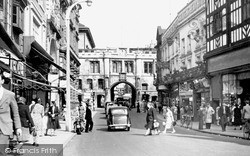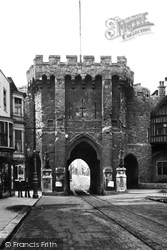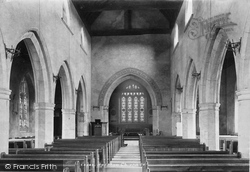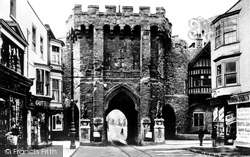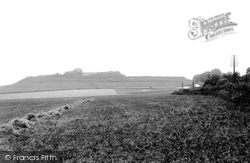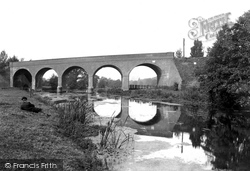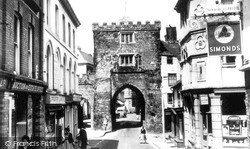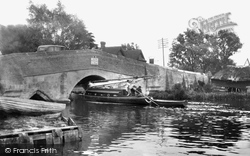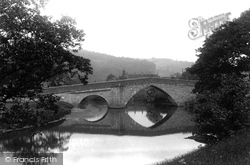Places
Sorry, no places were found that related to your search.
Photos
5 photos found. Showing results 1 to 5.
Maps
83 maps found.
Books
Sorry, no books were found that related to your search.
Memories
1,127 memories found. Showing results 1 to 10.
Summer Of '63
Hello. Although I spent all of my early life - that is up to the age of 21 - in Penge, South London, I also spent some time(s) in Ash (Kent) during August to December, 1963. I have already written about my early life in ...Read more
A memory of Ash by
Memories Of Point Clear Bay Near St Osyth In The Mid 1950s& 60s
My family and I used to spend our holidays at Point Clear almost every year during the late 1940s, 50s and 60s, and often met the same families each time we went down there. I ...Read more
A memory of St Osyth in 1956 by
Fourth Avenue
not so much a memory but query? we had family living at glamis (lodge?) around 1900 is the house still there??
A memory of Frinton-On-Sea by
10 Grafton Road
My dad, Cecil Edwards, had a newsagents and tobacconists shop in Grafton Road. We lived behind and over the shop. One of my abiding memories is going to Woolworths in the High Street to spend my saved pocket money on Christmas ...Read more
A memory of New Malden in 1955 by
12a Coronation Close Blenden
I was born at 12a Coronation Close, Blenden (near Danson Park and Bexley woods) in July of 1947. My family shared the house with my nan and aunts, Molly and Olive for the first 5 years of my life (we then moved to ...Read more
A memory of Bexleyheath by
17th Century Murder Replayed At Church Norton.
The more I think back on this incident, the more bizzare and terryfying it seems. In 2001, around Oct/Nov, myself and a friend drove to the car park at Church Norton church at about 11:00pm. We were ...Read more
A memory of Sidlesham in 2001 by
1947 To 1956
I was born in 1942 in Upton-by-Chester and my mother's family (Maddock) owned the butcher's shop that became Toycraft on Watergate Street, and one in the Market in the sixties. My parents emigrated to Canada with me in tow in 1956 and ...Read more
A memory of Chester in 1947 by
1948 To 1955 Rope Hill School Boldre Lymington Brockenhurst Sway
A few months ago I started to try and contact "boys" who experienced Rope Hill School in Boldre during the forties and early fifties - but then sickness overtook my efforts and things ...Read more
A memory of Boldre in 1948 by
1950 Susan Simons
I was born in Ashtead in 1945, we lived at Read Road in Lower Ashtead. I have a vivid memory of the shops at the top of Read Road. From the newsagents, next was the off-licence, then Goldings grocery store, next was the chemist, ...Read more
A memory of Ashtead in 1950 by
1953 Raoc
i done three months training in almer barracks blackdown concrete building in march 1953 i remember a sergeant swanson but not much more there was a camp picture house i remember watching james cagney in the roaring twenties we also go ...Read more
A memory of Deepcut in 1953 by
Captions
1,233 captions found. Showing results 1 to 24.
All is romantic ruin, and it is a much-favoured spot with visitors.
It was once part of a much larger and prestigious palace complex constructed by Odda and his brother Aelfric. It is plain and unadorned inside with a chancel arch.
It was once part of a much larger and prestigious palace complex constructed by Odda and his brother Aelfric. It is plain and unadorned inside with a chancel arch.
Barton-upon-Humber was once a rival to the port of Kingston upon Hull on the other side of the river Humber, but it is now a much smaller settlement, and the Market Place confirms that most definitely.
Barton-upon-Humber was once a rival to the port of Kingston upon Hull on the other side of the river Humber, but it is now a much smaller settlement, and the Market Place confirms that most definitely.
Opposite the Five Arches were cottages built so closely that only a man walking or a horse being led could pass between them.
This is also known as St John's Gate and is thought to incorporate a stone arch taken from the Norman church of St John. Notice the zigzag stone work on the arch which is typical of that period.
To the left can be seen the Norman arches, clearly distinguished from the later perpendicular arches.
The arch leading to the chancel has beautifully carved decoration. The coat of arms that is displayed on the chancel arch today bears the arms of George III and was restored in 1963.
The nave arcade is built in the late Romanesque style, in which the rounded Norman arches begin to change to the pointed Gothic style.
In the grounds of Greyfriars are the Bank Lane arches. Previously, this part of Greyfriars had been used to house cattle and other farm animals awaiting market.
The arch is not the genuine article: it is in fact a folly built by one Miss Elizabeth Morgan in 1820, using stone recovered from the remains of Roman buildings.
The arch is not the genuine article: it is in fact a folly built by one Miss Elizabeth Morgan in 1820, using stone recovered from the remains of Roman buildings.
In the niches either side of the central arch of Stonebow are statues of the Archangel Gabriel and the Virgin Mary, an Annunciation scene in effect.
Up until the 1930s, specially designed trams with dome-shaped tops to fit the arch travelled through Bargate.
This interior view of the church shows the 15th- century nave arcades and chancel arch; the ghost of the original roof line can be seen high above the chancel arch.
Up until the 1930s, specially designed trams with dome-shaped tops to fit the arch travelled through Bargate.
The Millers House seen here is all that remains of a much larger building; it is now almost invisible from the bridge downstream because the trees and riverside vegetation have grown so much.
A bowler-hatted gentleman contemplates this tranquil river scene looking towards the gracious arches of the viaduct that carries the railway to Effingham junction.
The Arch itself dates from the 12th century, and the rooms above it from around 1550. Used for some time as the town prison, it originally had slit windows.
The Arch itself dates from the 12th century, and the rooms above it from around 1550. Used for some time as the town prison, it originally had slit windows.
The Arch itself dates from the 12th century, and the rooms above it from around 1550. Used for some time as the town prison, it originally had slit windows.
A pleasure cruiser has lowered its mast to enable it to pass under the stone and brick bridge with its wide central arch and two pointed side arches.
The elegant double-span bridge over the River Derwent at Froggatt dates from the 17th century; it is unusual in that it has a large, pointed central arch nearer to the village and a smaller one on the
Places (0)
Photos (5)
Memories (1127)
Books (0)
Maps (83)


